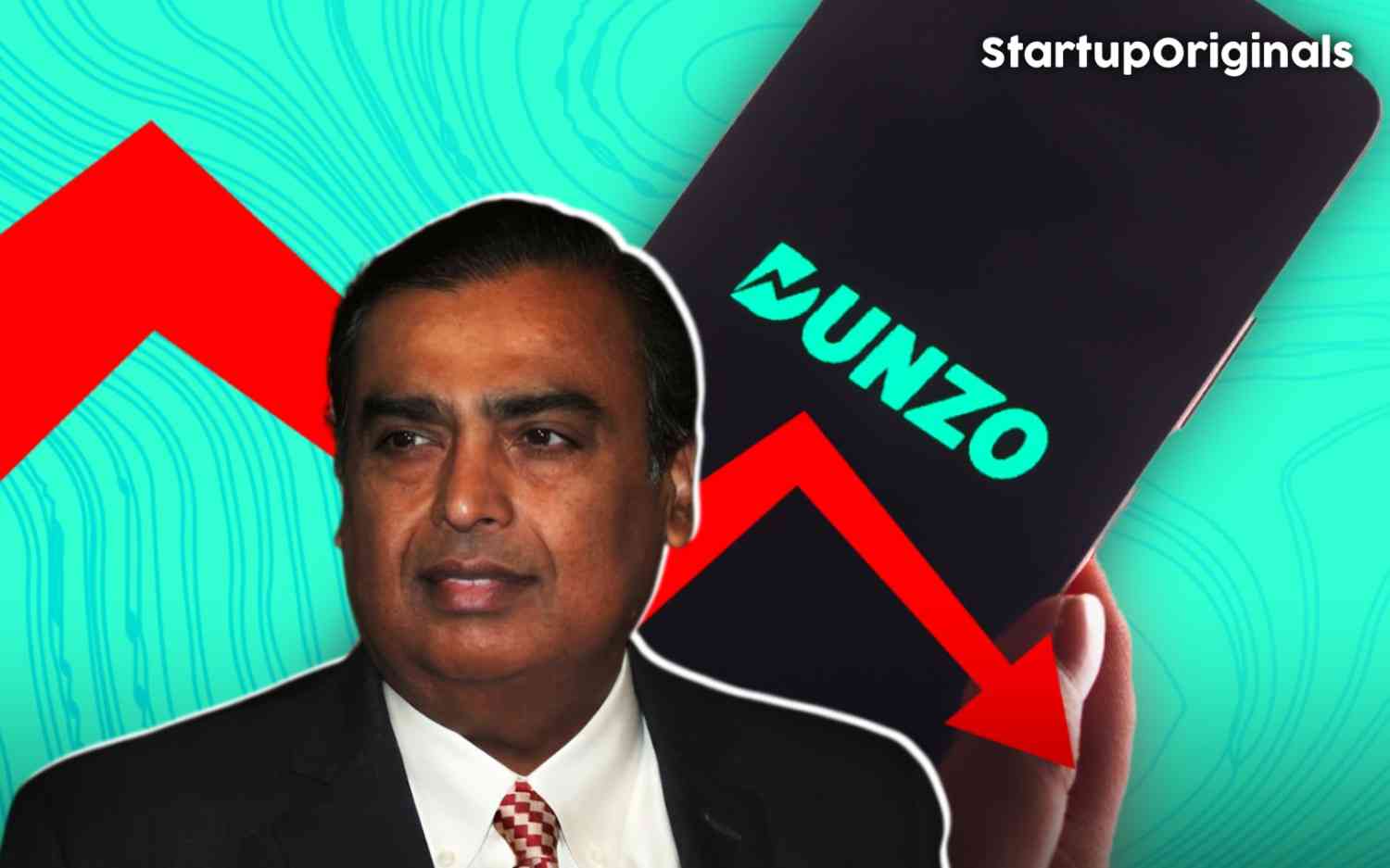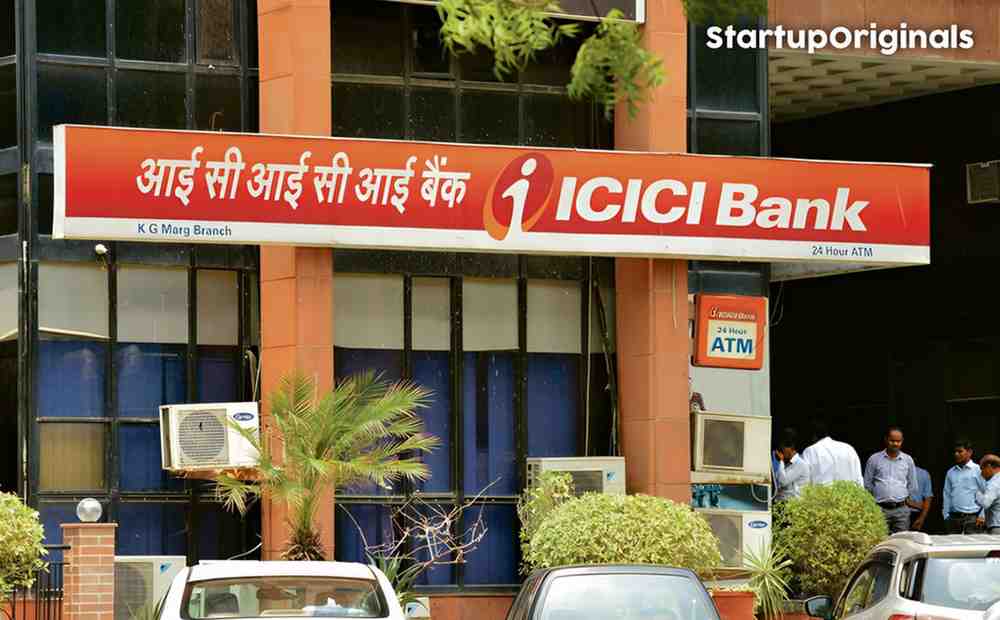
Reliance Retail, the consumer-facing arm of the Ambani empire, has officially written off its entire ₹1,645 crore investment in Dunzo, once a rising star in India’s hyperlocal and quick commerce delivery sector. This move, revealed in Reliance’s FY25 annual report, marks the end of a high-profile partnership and stands as one of the most significant tech investment write-offs India has seen in recent years.
The Early Promise: Ambitious Beginnings and Big Backers
Founded in 2014, Dunzo started as a concierge-style delivery service in Bengaluru, quickly earning traction for its versatile delivery model. The startup expanded nationally and attracted over $450million from marquee investors including Reliance, Google, and Lightbox.
Reliance Retail led a $240million funding round in January 2022, securing a 25.8% stake in Dunzo and boosting its valuation to over $775million. The strategic partnership aimed to bolster Reliance’s last-mile delivery network for JioMart and other retail businesses, leveraging Dunzo’s on-demand logistics capability.
Costly Pivots: The Rapid Shift to Quick Commerce
Seeking to tap India’s booming quick commerce market, Dunzo pivoted from logistics to 15,20-minute grocery deliveries. This aggressive expansion led to the costly launch of “Dunzo Daily” and heavy investments in dark stores and marketing, including high-profile campaigns and IPL sponsorships. However, the economics quickly soured: Dunzo’s monthly cash burn reportedly crossed ₹100crore at its peak, with a loss of over ₹230 per order.
Mounting Challenges: Funding Freeze and Leadership Exodus
From 2023 onwards, mounting financial losses-₹1,800crore in FY23 alone-alongside a global funding winter severely impacted the company. Dunzo faced repeated layoffs, delayed salary payments, and vendor defaults. The leadership team unravelled, capped by the departure of co-founder and CEO Kabeer Biswas in early 2025, who moved to lead Flipkart’s new quick commerce venture.
Collapse and Write-Off: The End of the Road
By early 2025, Dunzo’s app and website went offline as the company’s operations ground to a halt. With acquisition talks failing and no clear recovery in sight, Reliance formally wrote off its entire investment. Dunzo’s valuation plummeted from over $775million to an estimated ₹300crore, with creditors filing insolvency proceedings to recover unpaid dues.
This write-off places Reliance’s loss among the largest in India’s startup ecosystem, comparable to other major setbacks in the tech sector.
The Bigger Picture: Lessons Learned and Strategic Shift
Reliance Retail is now turning away from third-party platforms like Dunzo. Instead, it is building its own quick commerce network using its massive physical retail presence, setting up dark stores in areas lacking coverage. Observers believe Reliance has gained valuable market intelligence from this failed bet, shaping its approach to the hypercompetitive quick commerce landscape.
Conclusion: A Landmark Cautionary Tale for Indian Startups
The Dunzo saga encapsulates the volatility and high stakes of India’s digital delivery revolution. It highlights the immense operational and financial risks of scaling quick commerce, serving as a cautionary tale for startups and investors alike. As Reliance pivots to self-powered solutions, the quick commerce race in India enters a new phase-now driven by hard-earned lessons and sharper strategies.




